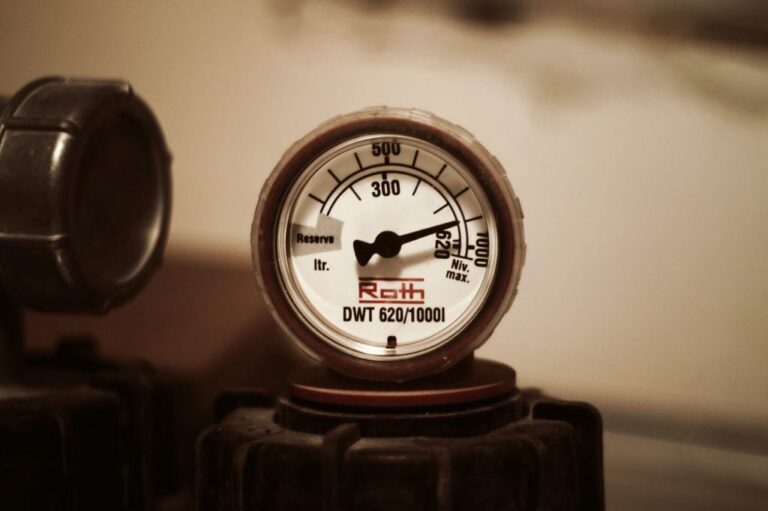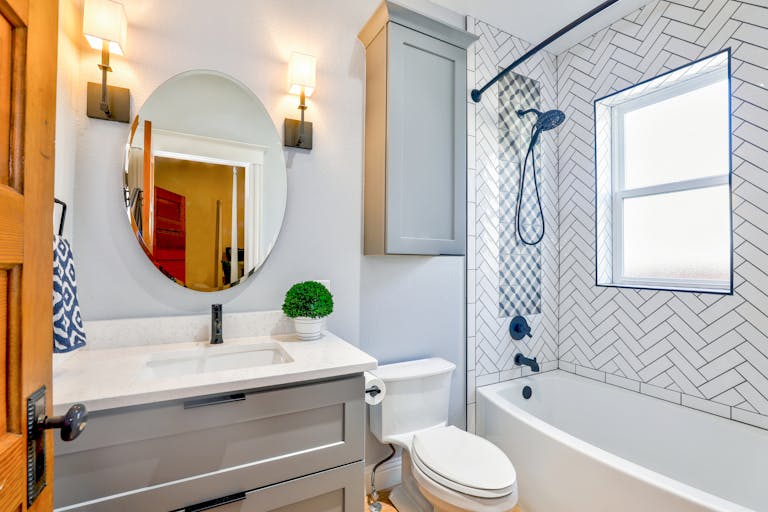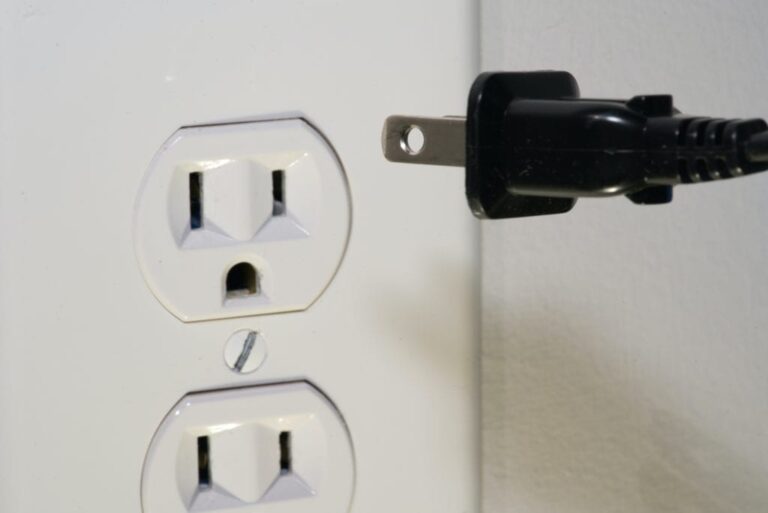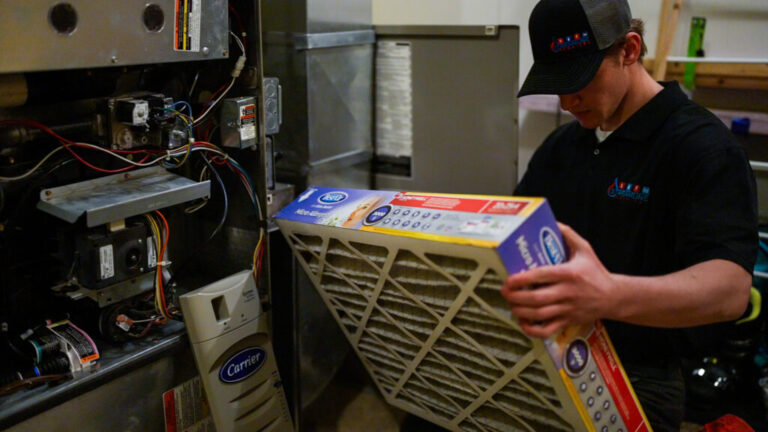As the temperatures dip, preparing your home for winter is essential to ensure comfort, safety, and efficiency. In North Carolina, winter can be unpredictable, with freezing temperatures and the occasional snowfall. To help you get ready, here are expert tips from the trades on winter-proofing your home, covering everything from HVAC and plumbing to insulation and electrical.
1. Optimize Your HVAC System for Winter Comfort
A well-functioning HVAC system is key to keeping your home warm and cozy during winter. Here’s what to do:
- Schedule a Tune-Up: Regular maintenance prevents breakdowns and keeps your system running efficiently. A professional HVAC tune-up will check for leaks, lubricate moving parts, and test airflow.
- Replace Filters: A dirty filter reduces airflow and makes your system work harder, costing you more on energy bills. Replace filters monthly for the best results.
- Seal Ductwork: Leaky ducts can lose up to 30% of heated air, so ensure your ductwork is properly sealed. This prevents heat loss and saves on heating costs.
2. Protect Your Plumbing from Freezing
Frozen pipes are a common winter problem and can cause significant water damage. Here’s how to keep your plumbing safe:
- Insulate Pipes: Pipes in unheated areas, like attics, basements, or crawl spaces, are prone to freezing. Use pipe insulation or heat tape to protect these vulnerable pipes.
- Seal Gaps and Cracks: Cold air can sneak in through gaps around windows, doors, and even where pipes enter the home. Seal these areas with caulk or weatherstripping to keep cold air out.
- Let Faucets Drip: On extremely cold nights, let a small trickle of water flow from faucets connected to exposed pipes. Moving water is less likely to freeze, which can help prevent pipe bursts.
3. Electrical Checks for Winter Safety
Winter is the time when you rely more on heaters, lights, and holiday decorations, so electrical safety is crucial:
- Inspect Outlets and Circuit Breakers: Ensure that outlets, especially those in high-usage areas, are functioning correctly. Test circuit breakers to avoid power interruptions and ensure they’re ready for additional winter load.
- Consider GFCI Outlets: If you don’t already have Ground Fault Circuit Interrupter (GFCI) outlets in areas exposed to moisture, like kitchens, bathrooms, or garages, consider having them installed. GFCIs prevent electrical shock, which can be especially useful when using space heaters or holiday lights.
- Inspect Exterior Outlets and Cords: Cold temperatures can harden cords and weaken insulation. Check for any damage or wear on outdoor outlets and extension cords.
4. Prepare Your Water Heater
Your water heater works harder in winter to maintain the same temperatures, so it’s essential to ensure it’s in good condition:
- Flush the Tank: Sediment can build up over time, reducing efficiency and lifespan. Flushing the tank removes sediment and helps it work efficiently.
- Check the Temperature Setting: The ideal setting is 120°F. Anything higher can increase the risk of scalding and raise energy costs.
- Insulate the Water Heater: Adding an insulation blanket to your water heater helps retain heat, reducing the energy required to keep water warm.
Winter preparation is about taking preventative steps to keep your home warm, efficient, and safe. A bit of work now can save you from costly repairs and give you peace of mind all season long. If you need help with HVAC tune-ups, plumbing protection, electrical safety checks, or insulation upgrades, our team of professionals is here to help you winterize your home.







